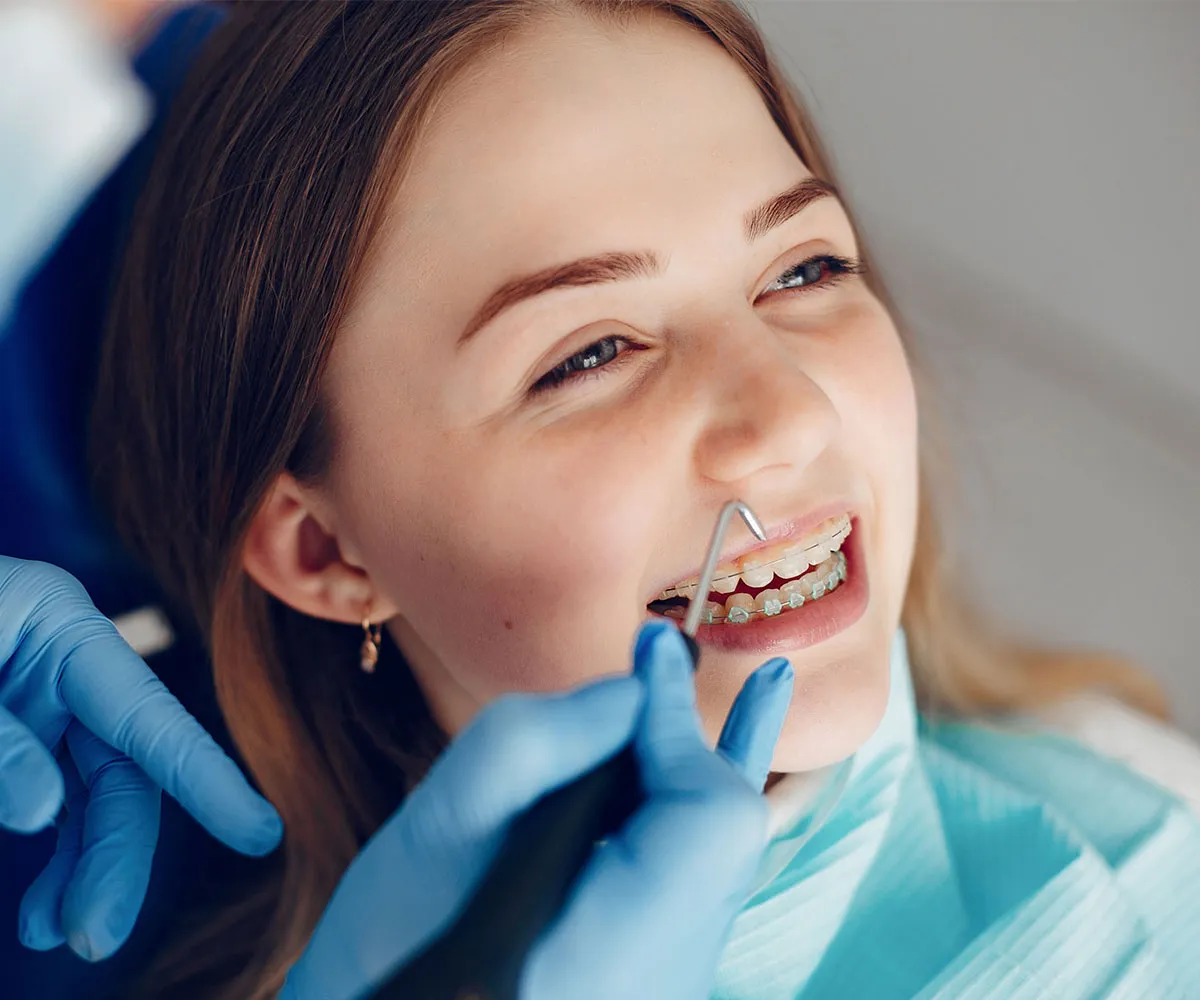Tooth bonding is a cosmetic dentistry technique in Orem that may repair minor flaws like chips, cracks, and discoloration in teeth so that you can smile with confidence again.
Bonding is a dental operation in which the patient’s damaged tooth or teeth are restored using a composite resin that closely resembles the patient’s natural tooth color. When compared to other cosmetic dental operations like crowns and veneers, it’s a far more affordable option and hence a cost-effective alternative.
You’ll find all the information you need regarding dental bonding below:
What Is Teeth Bonding? Exactly How Does It Function?
When compared to other forms of cosmetic dentistry, bonding your teeth is much easier to undergo. So easy that, unless you’re getting a cavity filled, you won’t need any anesthetic, and you won’t need to schedule repeated appointments with the dentist.
The first step is for your dentist to select a composite resin shade that is a near match to your natural tooth color using a shade guide. The surface of the tooth is first roughened up by your dentist, and then a liquid is applied that makes it possible for the bonding agent to attach to the tooth.
After your tooth has been molded or shaped, your dentist will apply the composite resin over the liquid, using ultraviolet light to harden the material.
After the resin has hardened, your dentist can make any additional adjustments to the tooth’s form that may be necessary.
Do Tooth Bonding Procedures Carry Any Dangers?
There are no serious dangers associated with dental bonding.
Remember that the composite resin that will be utilized in this surgery is not as durable as your natural teeth.
The material has a chance of chipping or coming loose from your natural tooth at some point. When you have a crown, veneer, or filling, the chances of it chipping or shattering are significantly reduced.
Eating ice, chewing on pens or pencils, biting fingernails, or biting down on hard food or candies can all cause damage to a bonded tooth.
When compared to other dental materials, the resin also lacks stain resistance. If you smoke cigarettes or consume large amounts of coffee, you run the risk of developing some discoloration.
How to Be Ready for Getting Your Teeth Bonded
It’s not necessary to do anything specific before getting your teeth bonded. However, you should talk to your dentist first to determine if you’re a good candidate for this treatment.
If you have extensive decay or damage to your teeth, bonding may not be an option. An alternative would be getting a crown or veneers.
The Proper Maintenance of Glued Teeth
Careful dental hygiene can lengthen the life of a bonded tooth. Some suggestions for taking care of yourself are:
- Ensuring that you clean your teeth at least twice a day and floss once a day
- Avoid eating anything crunchy or sugary
- Avoiding the habit of nail-biting
- Coffee, tea, and cigarettes should not be consumed for the first two days following the treatment in order to prevent stains.
- Getting your teeth cleaned every six months is recommended.
If the bonding material chips or breaks, or if you feel any roughness or sharpness after the surgery, you should visit a dentist.
Bottom line
A bright and beautiful smile may do wonders for your self-esteem. See your dentist for advice if you want to fix a chipped tooth, a gap in your teeth, or any other cosmetic issue at a low cost.
Your dentist can tell you if this treatment is appropriate for you and, if not, can suggest others for enhancing your smile’s aesthetics.









